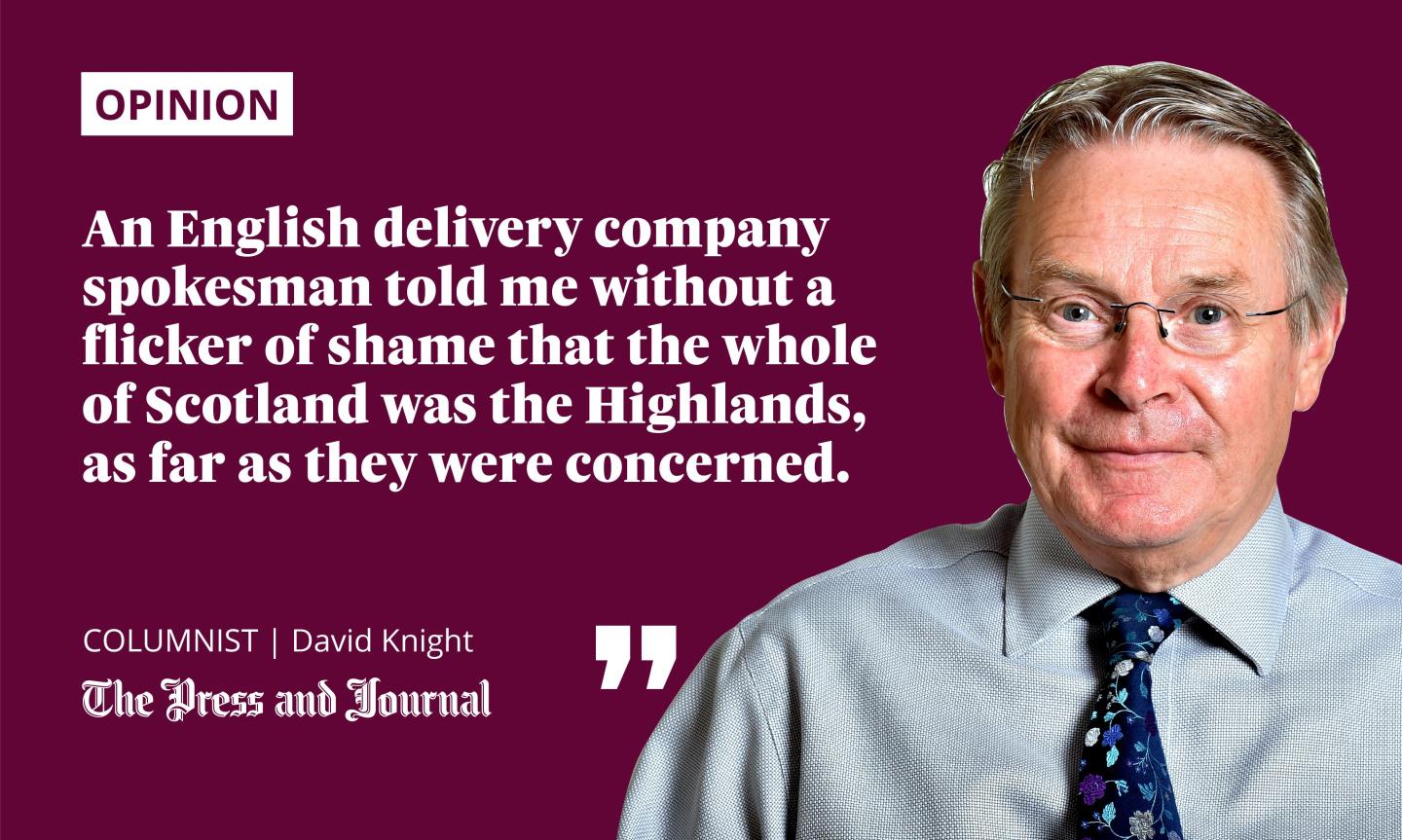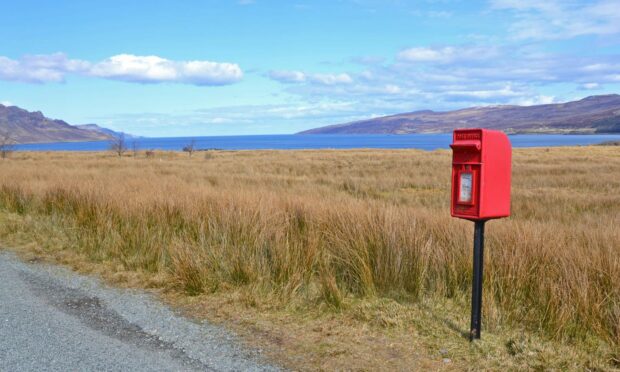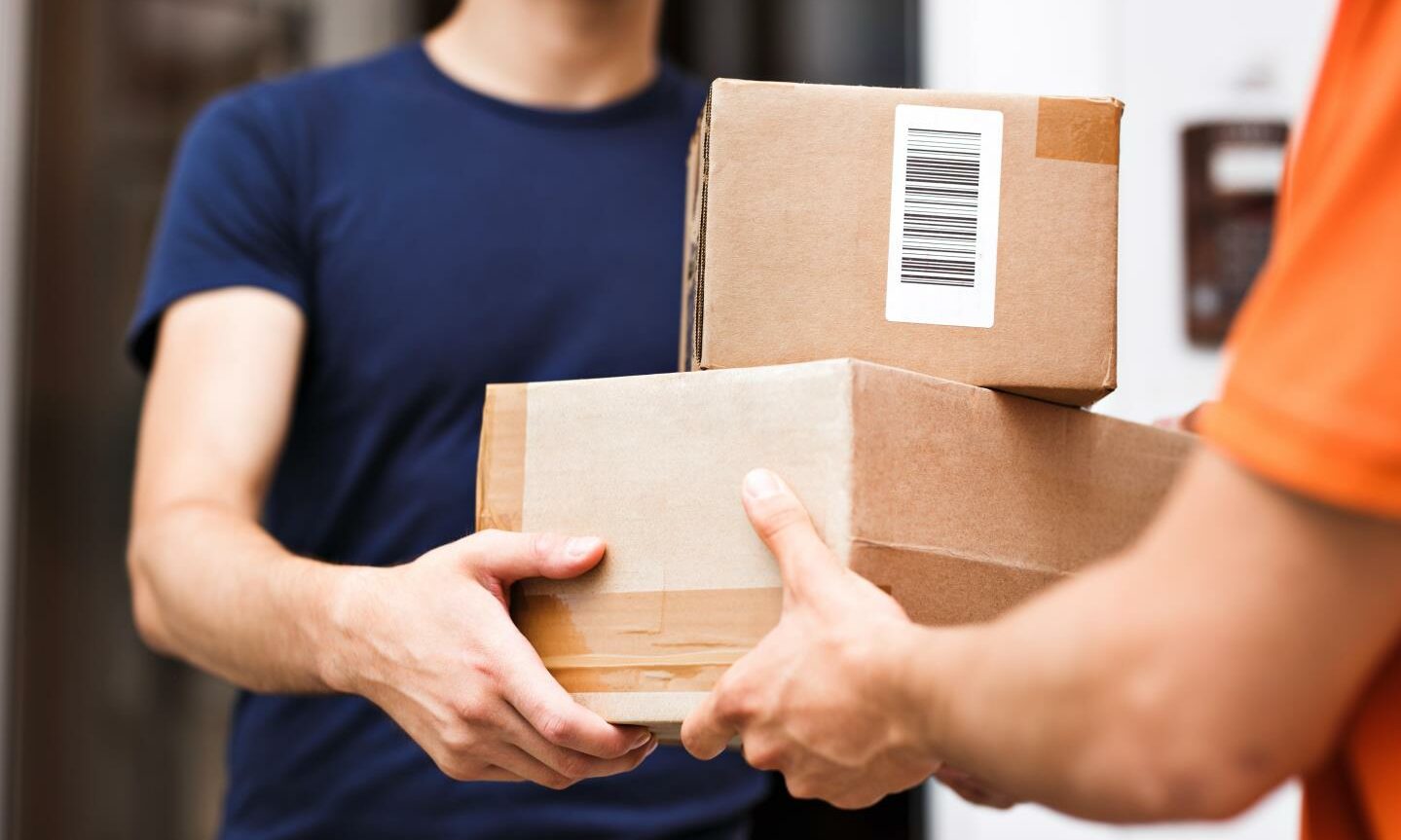There was a little old man living in a bungalow next to us when I was a very young child.
He was clever with his hands and, one day, he delighted us by presenting three wooden money boxes to me and my brothers.
He had put his own twist on piggy banks by making them look like books. The pretend spines running down their backs slid sideways to reveal a hidden slot for coins.

I thought of this happy memory again when my wife ordered three money boxes online as Christmas gifts for our grandsons. They were wooden and shaped like the initials of their first names.
I imagined a little old man was knocking them out in a cottage somewhere like New Aberdour, or Brora, perhaps.
Christmas gifts from Honolulu
A few days later, we received an email advising us that our gifts were ready for dispatch. It came not from a Scottish cottage, but Honolulu. Yes, the capital city of Hawaii – the 50th state of the US.
We were quite taken aback, but at least it made a change from China.
I noticed even the swabs in our self-test Covid kits were made in China, but not in Wuhan; that would be a bit rich. It was somewhere called Jiangsu, which I discovered was north of Shanghai.
Ordering something for Christmas from 7,000 miles away seemed a tad ambitious, but it was still mid-November, so it would probably be all right.
It made me think of the colossal traffic in goods and cash criss-crossing the world at this time of year. And exorbitant delivery charges inflicted on people living in the north of Scotland, particularly the Highlands and Islands, which suffer the most.
No improvement on high delivery surcharges
The issue reared its ugly head in The P&J again a few days ago, when it was revealed that we were still shelling out millions on unfair delivery surcharges because of where we live. Somewhat lamely, the UK Government urged people to “take it up with retailers”.
I did just that a few months ago when I was stung by an £80 delivery charge for garden furniture from an English supplier. I challenged them because their website only referred to extra charges for the Highlands, but I was in Aberdeen (sorry for my lack of solidarity, Highland readers, but I had to check this obvious apparent anomaly).
A company spokesman told me without a flicker of shame that the whole of Scotland was the Highlands, as far as they were concerned.
The Scottish Government has been trying to develop a system to protect Scottish postcodes from unfair discrimination, but what chance do they have with this blinkered blanket attitude?
A cursory look at a briefing paper in the House of Commons library showed me Scotland was still at the mercy of a shambolic free-for-all in the parcel delivery private
sector. It detailed how the UK Government laid down a list of best practice principles
for the industry seven years ago.
Surprise, surprise: top of the list was avoiding unfair delivery charges based on geographical location and, if genuinely unavoidable, they should reflect “true cost”.
It’s high time the UK Government and Scottish devolved administration “take it up” with online retailers themselves.
I noticed the voluminous report also revealed that profit-per-parcel had been squeezed by intense competition among online retailers and carriers. Is that why the Highlands and north-east are being milked so heavily to make up the shortfall?
The season of giving – and of sending back
By the way, during November and December, we received reassuring tracking messages from Hawaii to pinpoint our package exactly. With just over a week to go before Christmas, our gifts were going to make it, or so we thought.
Just before Christmas Eve dawned, another tracking missive arrived from Honolulu, but this time the unknown writer was gripped by panic. It started desperately with the words “please pay attention” and ended with an explanation that our money boxes were stuck in a “cargo station”.
All communication has now ceased.
Just think what customers are doing for the parcels industry by sending millions of pounds worth of goods back where they came from after Christmas
It’s not just the season for buying gifts, it would seem, but also non-arrivals. And that’s before factoring in all the returns.
There is something hugely attractive about buying things online, except when they don’t fit or look like the size advertised.
Just think what customers are doing for the parcels industry by sending millions of pounds worth of goods back where they came from after Christmas.
As I wrote these words a few days ago, on December 30, it occurred to me it was exactly 50 days since we placed the order. It was our version of “Hawaii Five-0”, I suppose.
David Knight is the long-serving former deputy editor of The Press and Journal


